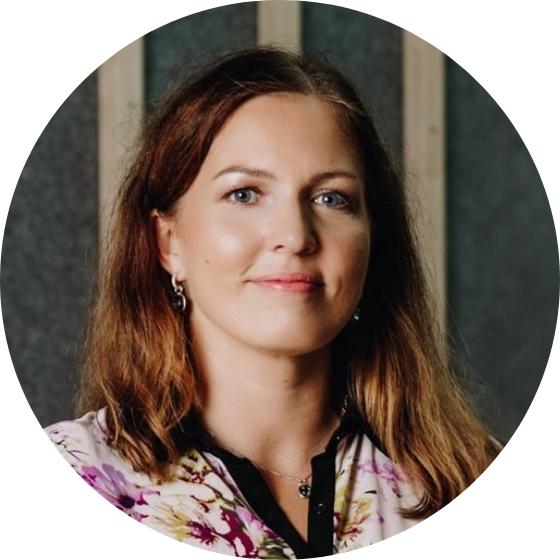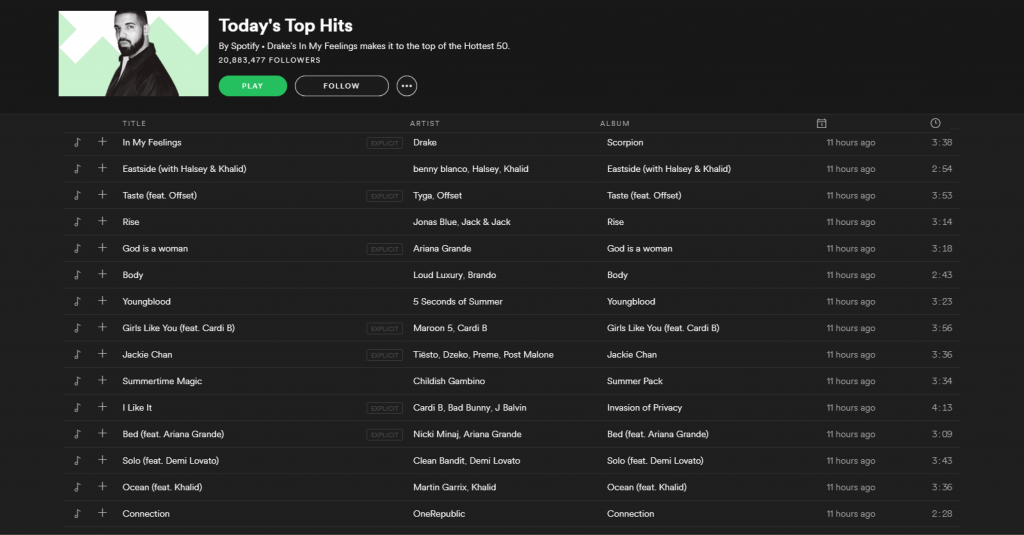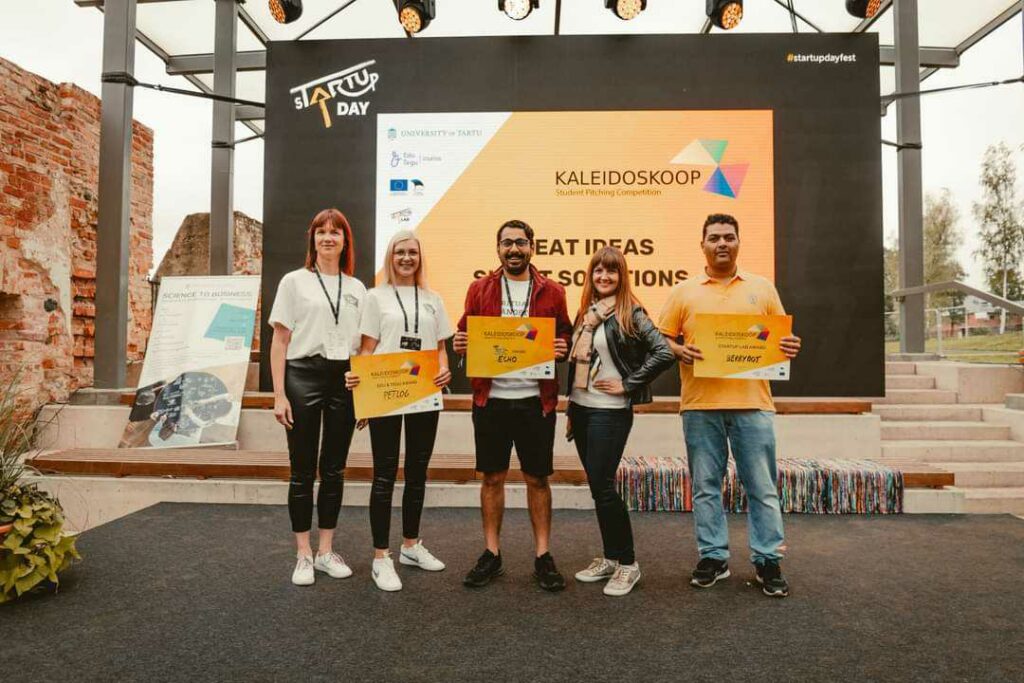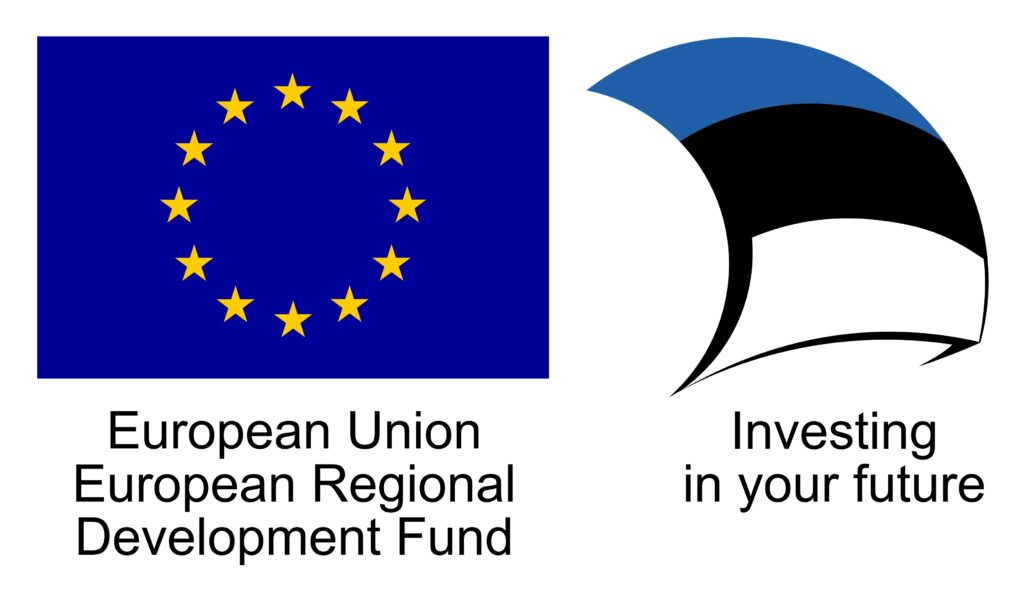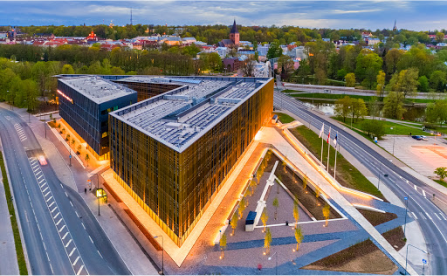It was a warm summer night when I decided to submit my candidacy for an internship position in STACC, and voilà, a few weeks later I got an answer saying they had just returned from summer vacation and were open to talk. I was a fresh graduate of Computer Science and planned to continue my postgraduate studies in the University of Tartu and was on the lookout for a side gig.
The internship position they offered was in the field of personal medicine, which was all about the science and suited well with my studies. The ultimate goal there was to identify disease trajectories by analyzing treatment bills provided by the Estonian Health Insurance Fund using various methods of machine learning. My supervisors were people at the top of their fields, many with doctorate degrees, which at first may have caused some awestruck, but in the end, they turned out to be just fun and chill people with exceptional brainpower.
Work and school went hand in hand. Never had a feeling that those two did compromise each other. I could often try out newly learned skills from lectures on health data and didn’t have to rely just on MNIST and IRIS datasets. I was also completely free to decide my work schedule.
Both of my postgraduate years passed on the fly. My master’s thesis was the culmination point. The core of the thesis was a hidden Markov model, which was used to form a lifelong disease path from the short segments of many different patients. The resulting graph gave a complete overview of various disease clusters which people have to put up with at different points of their lives. It was a revolutionary piece of work clouded only by the reviewer’s opinion that not all necessary explanations had made their way into the final draft.
After my school path had reached an inevitable end I got an opportunity to move on to the business side of STACC as a Data Engineer. There my main challenges had shifted from drawing meaningful insights from data to handling it efficiently by building data pipelines and designing appropriate infrastructure to support it. So far the projects have ranged widely from optimization of supply chain management to forecasting sowing times for farmers.
In conclusion, my three years in STACC have been very fruitful. I have acquired many useful skills, greatly improved my knowledge base, and formed good relationships with others, not to mention all the pens and pencils I have sneaked out.



